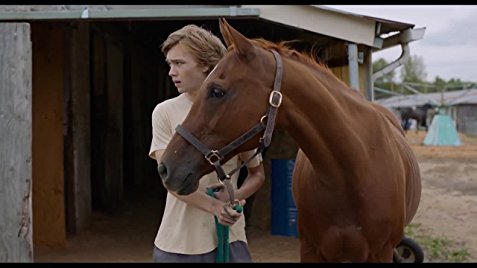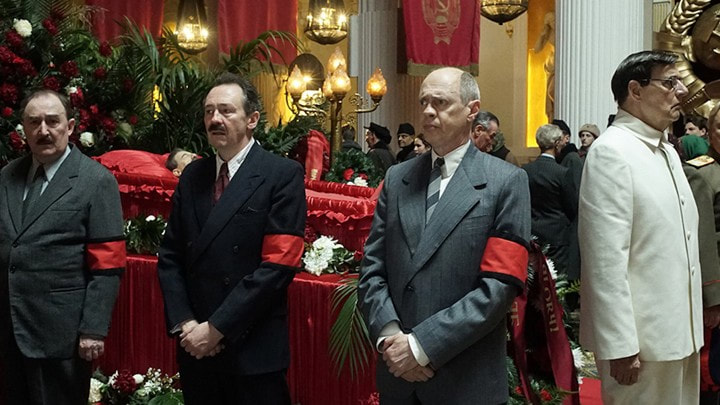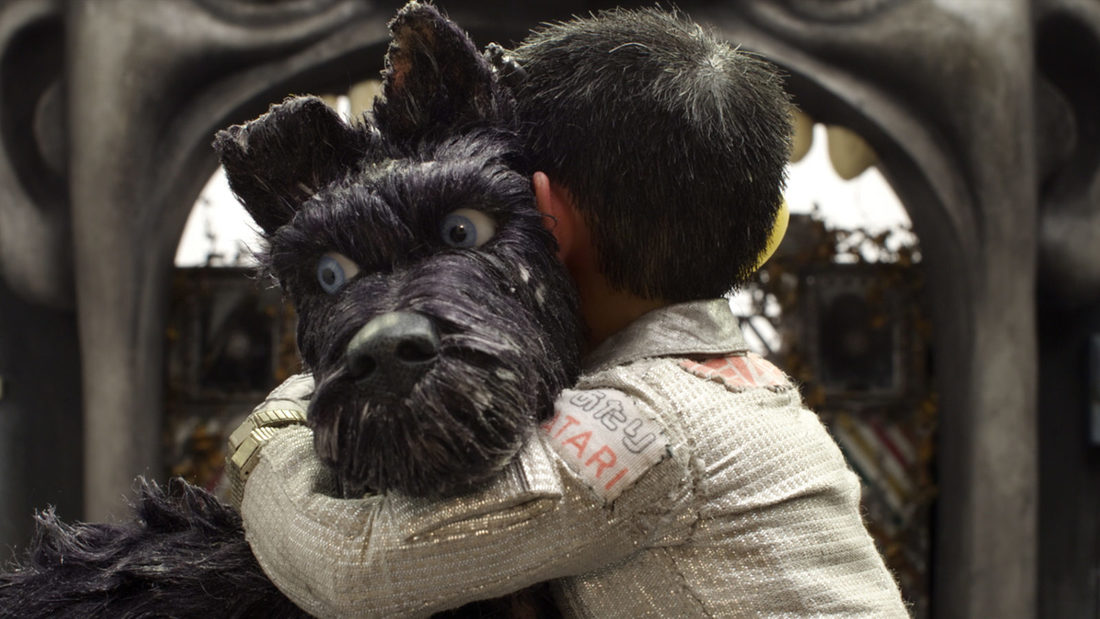|
Brett Haley makes a pitch for himself as the American John Carney with his winning Hearts Beat Loud. Like Carney’s Once or Sing Street, characters use music to express thoughts they can’t speak, leaving them no choice but to sing them instead. These kinds of emotional dramas are continuously at risk of corniness or treacle, but like Carney, Haley avoids any eye-rolling by squeezing every drop of charm and charisma out of his characters, making earnest outbursts of raw feeling as potent for the viewer as they are for the character.
0 Comments
Great Gerwig recently gave movie viewers one of the best coming-of-age stories about a high school girl, or any teenager, in Lady Bird, and one year later, the cinematic world gets a middle-school complement with Bo Burnham’s stellar debut, Eighth Grade. Where Gerwig plumbed the depths of her own life with a semi-autobiographical story, Burnham turns his film into a sociological case study, investigating how young teens live now while also remembering to make his characters heart-wrenchingly real. Part bildungsroman, part satire, and part horror of the uncomfortable, Eighth Grade is required viewing, a painfully nostalgic trip to a universally awkward time and what feels like a deeply researched and observed voyage into this specific moment in cultural history.
There is an emptiness creeping into the Transylvania University of American Animals. Despite taking place in 2004, when the country is in a spasm of patriotism and war, young men who might have earlier exhausted their grandiose energy in the military instead utilize it for fraternity parties and sexual conquests. Even that’s not enough for the quartet of privileged doofuses at the center of Bart Layton’s quasi-docudrama. Not content with the title of ‘did the longest keg stand,’ they instead decide to steal rare books from the library for no discernible reason other than the possibility that it can be done. This is the young-male version of Spring Breakers or Bling Ring, an ecstatic and nihilistic dirge tolling for the end of the species.
The writing/directing combo of Diablo Cody and Jason Reitman have made a film about teenagers and another about unmoored and bitter adulthood. With Tully, they continue their Linklater-esque journey down the path of major life events, usually starring an aggressively un-self-conscious Charlize Theron. In five years, maybe they’ll reunite again for a mid-life crisis exploration, but now, they’re concerned with motherhood and the porousness of different stages in a person’s life. Reitman and Cody both have been in the woods in recent years, with he languishing in overwrought romantic dramas and Crash-esque ensemble pieces as she takes lower-profile TV projects and has her own lackluster directorial debut. By reuniting with each other and with Theron, they’re able to recapture their earlier magic while also demonstrating more maturity, moving past the home-skillets of Juno and into something more grounded with the feel of lived-in experience and truth.
Andrew Haigh’s brief and eclectic filmography moved from lusty gay romance to elderly marital drama, and he takes another genre leap in the modern Western Lean on Pete. Haigh’s intimate and naturalistic work with his actors is well-suited to this tale of a preternaturally good kid who runs through an earth-shaking run of bad luck. In the lead, Charlie Plummer is on the level of Jennifer Lawrence in Winter’s Bone for breakout performances, and every single actor down the cast list, no matter how small the part, gives him plenty to play against. Haigh has an affection for Lean on Pete’s characters, as much as Plummer’s Charley Thompson has for the titular beast, and out of that affection comes a deeply-felt film.
Within the bloody and ongoing Mexican drug war, there are hundreds of angles for journalists and documentarians to find human drama and misery. Director Shaul Schwarz finds an ouroboros of violence in Narco Cultura, a shocking and powerful film that refuses to blink from the active war zone across the US’s southern border. Overlooking the city of El Paso, where a handful of murders are committed each year in one of America’s safest cities, lies Ciudad Juarez, a metropolis with overflowing morgues in the aftermath of cartel violence and government crackdowns. Feeding and reinforcing this violence are narcocorridos, the equivalent of folk singers who mythologize cartel figures through albums that can be purchased at the local Walmart. Schwarz splits his time between narcocorrido group Buknas de Culiacan and morgue workers in Juarez, often juxtaposing the band’s braggadocio with a smash cut to horrific violence and gore on the Juarez streets. It’s a blunt tactic, but a cruelly effective one. American consumers of news have been so shielded to real-world violence despite nearing the third decade of forever war that to see the results face down in the dirt is cold slap of harsh reality.
Armando Ianucci, having taken a satirical scalpel to the great democracies of England and the US, shifts his attention to communist despotism in The Death of Stalin. Veep’s Selina Meyer is a priceless comic creation because she helplessly dreams of the unquestionable power that the Soviet officials here dole out with the stroke of a pen. She also never ordered the deaths of thousands of people, putting the comedic baseline at a higher-stakes place than her and her staff’s feckless incompetence. The vast power of the American presidency is made hilarious by its constraints and checks: the Soviet premiership has none of those. The Death of Stalin has the difficult task of being a comedy during a period of time when perfunctory executions and rape dungeons are still actively happening during its events, and Ianucci miraculously is able to laugh at the farcical buffoons running Stalin’s meat grinder while evoking deep sympathy for those caught up in it.
Wes Anderson returns to his natural medium of stop-motion animation in Isle of Dogs. Where better can the director, so well-known for his just-so filmmaking, exact complete control over what comes onscreen than with figurines and miniatures and models instead of imperfect humans? In that vein, Anderson leaves behind people as the main characters in his latest, focusing instead on a pack of exiled pooches in near-future Japan. Though he’s telling stories around a different species, Anderson can’t help but make the same choices he always makes, for good or ill. The fan of Anderson will love Isle of Dogs, the detractor will find plenty to be irritated about, and the wait-and-see moderate, like this reviewer, can see both sides clearly and wish the director would try and branch out.
|
Side PiecesRandom projects from the MMC Universe. Categories
All
Archives
April 2023
|








 RSS Feed
RSS Feed